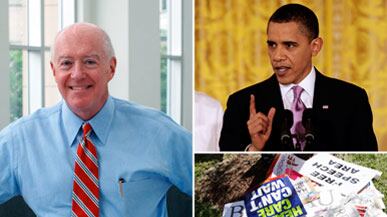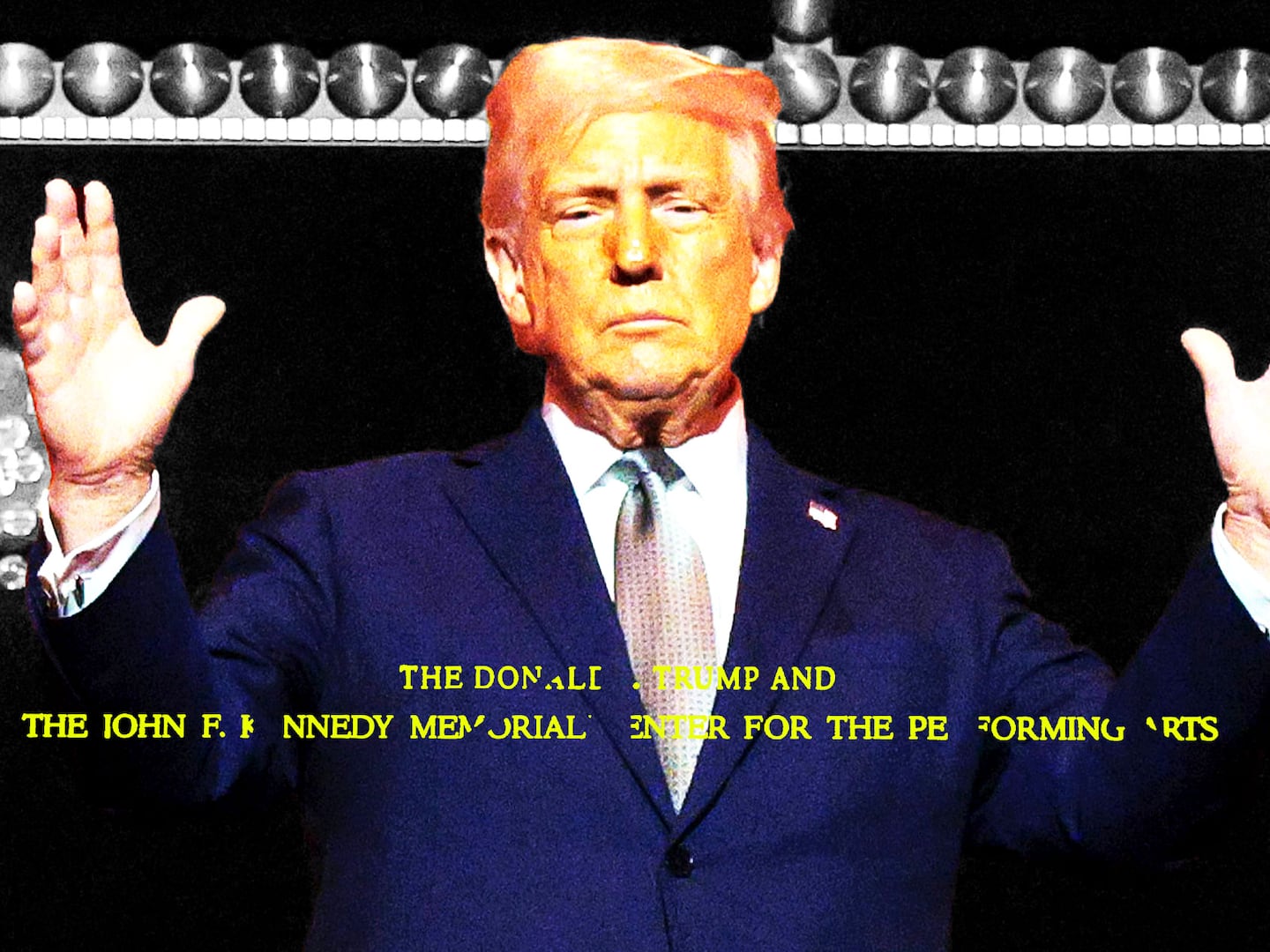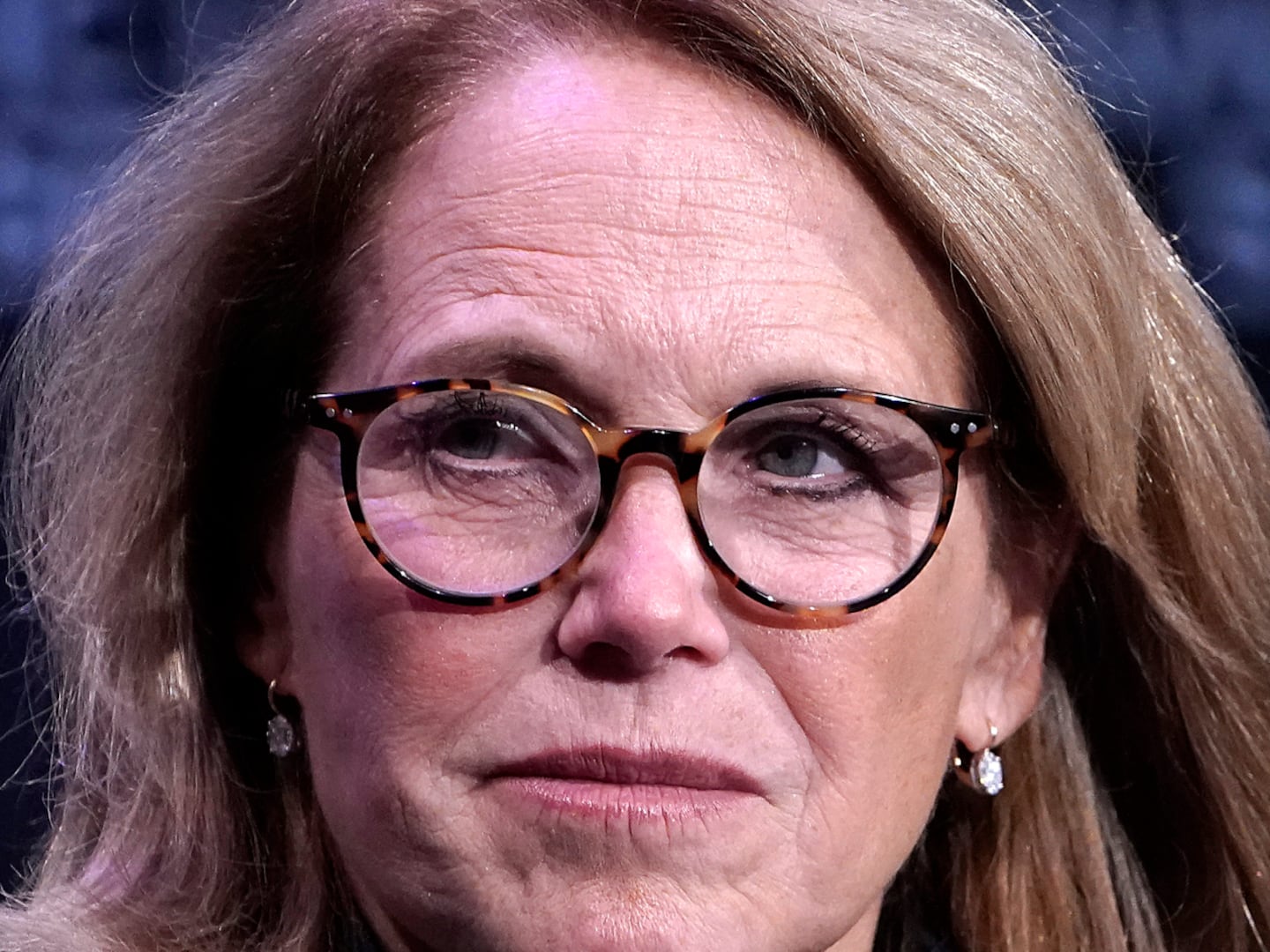When his critics learned last summer that U.S. District Judge Henry Hudson of Richmond, Virginia, would hear a Republican lawsuit challenging the constitutionality of the Obama health-care bill, many assumed the case’s outcome was a lock.
For reasons ideological and political, they predicted, Hudson would find a way to satisfy his longtime friends and supporters in the GOP and declare the bill unconstitutional. And that is exactly what the staunchly conservative 63-year-old judge did Monday, knocking down the bill’s keystone provision requiring tens of millions of Americans to obtain health insurance. Hudson said the requirement exceeded the regulatory powers given to Congress under the Constitution, a ruling that makes him the first judge in the country to invalidate any part of the law. Two other federal judges have upheld the legislation.
Obama administration officials acknowledge that Judge Hudson’s ruling will muddy the debate over implementation of the health-care bill. But they and other critics say they doubt that it represents a fundamental threat to the survival of Obamacare, whatever the claims to the contrary by Republican lawyers, who attempted on Monday to portray Hudson as a mainstream, just-the-facts judge whose rulings would be easily upheld on appeal.
Judge Hudson is anything but mainstream, his opponents say.
“I think Henry Hudson is absolutely driven by ideology in a way that even many quote conservative unquote judges are not,” said Barry Lynn, executive director of Americans United for Separation of Church and State, a Washington-based civil-liberties group.
“I think Henry Hudson is absolutely driven by ideology in a way that even many quote conservative unquote judges are not,” says Barry Lynn.
Lynn said he was not surprised by the ruling, given what he has seen of the judge over more than 20 years. He first tangled with Hudson during the Reagan administration, when the zealous young Republican state prosecutor in Virginia was named by the Justice Department to lead a federal commission charged with determining whether pornography led to antisocial behavior. Over the objections of respected social scientists who said that Hudson was grossly and perhaps intentionally misreading the evidence, the commission found that porn was linked to violence.

Then-Attorney General Edwin Meese, pleased by the findings of what came to be known as the Meese Commission, helped Hudson win promotion to the job of U.S. Attorney for the Eastern District of Virginia, making him the chief federal prosecutor for half the state. Hudson was named to the federal bench by President George W. Bush in 2002.
Lynn, who worked for the American Civil Liberties Union at the time of the pornography commission and monitored its work, said that he found Hudson unyielding in his conservatism and “deeply ideological then, and it seems that hasn’t changed; his ideology seems to drive everything.” He said that Hudson lived “in an insular, isolated place, where current events and the current culture are of no interest to him” and where his “unusual readings of the Constitution” would be applauded by fellow conservatives.
Other critics say that Hudson should never have agreed to hear the health-care case given his longtime investment in conservative communications firm Campaign Solutions, which did work for prominent Republican critics of the health-care bill. The Huffington Post reported last summer that Hudson’s financial-disclosure statements show that he earned between $5,000 and $15,000 in dividends from the firm, and that Virginia State Attorney General Ken Cuccinelli, the Republican who brought the federal lawsuit charging that the health-care bill was unconstitutional, paid out nearly $9,000 for the firm’s services. The firm defended Hudson, describing the judge as a “passive investor only.”
Others who have battled against him in the courtroom are less critical of Hudson, saying he has grown more open-minded with the years.
Marvin Miller, a criminal defense lawyer in Alexandria, Virginia, the Washington D.C. suburb where Hudson was based as U.S. attorney, said Hudson is “decidedly a conservative individual—he is no middle-of-the-road conservative—but he has matured. I don’t think he’s an ideologue.”
He said that as a federal prosecutor, Hudson earned praise from defense lawyers for his willingness to at least hear them out on behalf of their clients. “Unlike some others who have held that position, he was somebody you could meet with, you could speak with,” Miller said.
Hudson first came to national attention in 1986 on the pornography commission, where he outraged civil-liberties groups with his report’s insistence that there was a “causal relationship” between pornography and sexual violence, a view that appeared to have little basis in scientific evidence and was in sharp contrast to the findings of an earlier White House commission that found no ties between porn and antisocial behavior.
Earlier, Hudson made headlines as a state prosecutor in Virginia with his local campaigns to crack down on porn sales and prostitution, even allowing police to entice prostitutes from across the border in D.C., so they could be prosecuted in his state.
Hudson has admitted missteps. In 2008, Hudson published his memoirs, Quest for Justice, and acknowledged that “during my early years as a prosecutor, I was narrow-minded and at times offensively self-righteous.”
He also admitted to a failure, at a critical moment in his career, to tell the full truth. “I lied to the General Assembly and the Fairfax County Bar Association when I told them unequivocally that I had no intention of seeking a federal judgeship,” wrote Hudson, who served as a judge in Fairfax County, Virginia, before joining the federal bunch. “Perhaps lied is too strong a term.”
He made no similar admission of error in his botched murder prosecution in the mid-1980s of a mentally handicapped young Virginian named David Vasquez, who was accused of a vicious rape and murder.
Facing Hudson’s threat to seek his execution in Virginia’s electric chair, Vasquez and his court-appointed lawyers agreed to a plea bargain that sent him to prison for 30 years. After five years in prison, compelling evidence showed that Vasquez was innocent, and he was freed. “I certainly wish him the best and regret what happened,” Hudson wrote of Vasquez. “However, I offer no apologies.”
Philip Shenon is an investigative reporter based in Washington D.C. Almost all of his career was spent at The New York Times, where he was a reporter from 1981 until 2008. He is author of the bestselling The Commission: The Uncensored History of the 9/11 Investigation. He has reported from several warzones and was one of two reporters from The Times embedded with American ground troops during the invasion of Iraq in the 1991 Gulf War.






